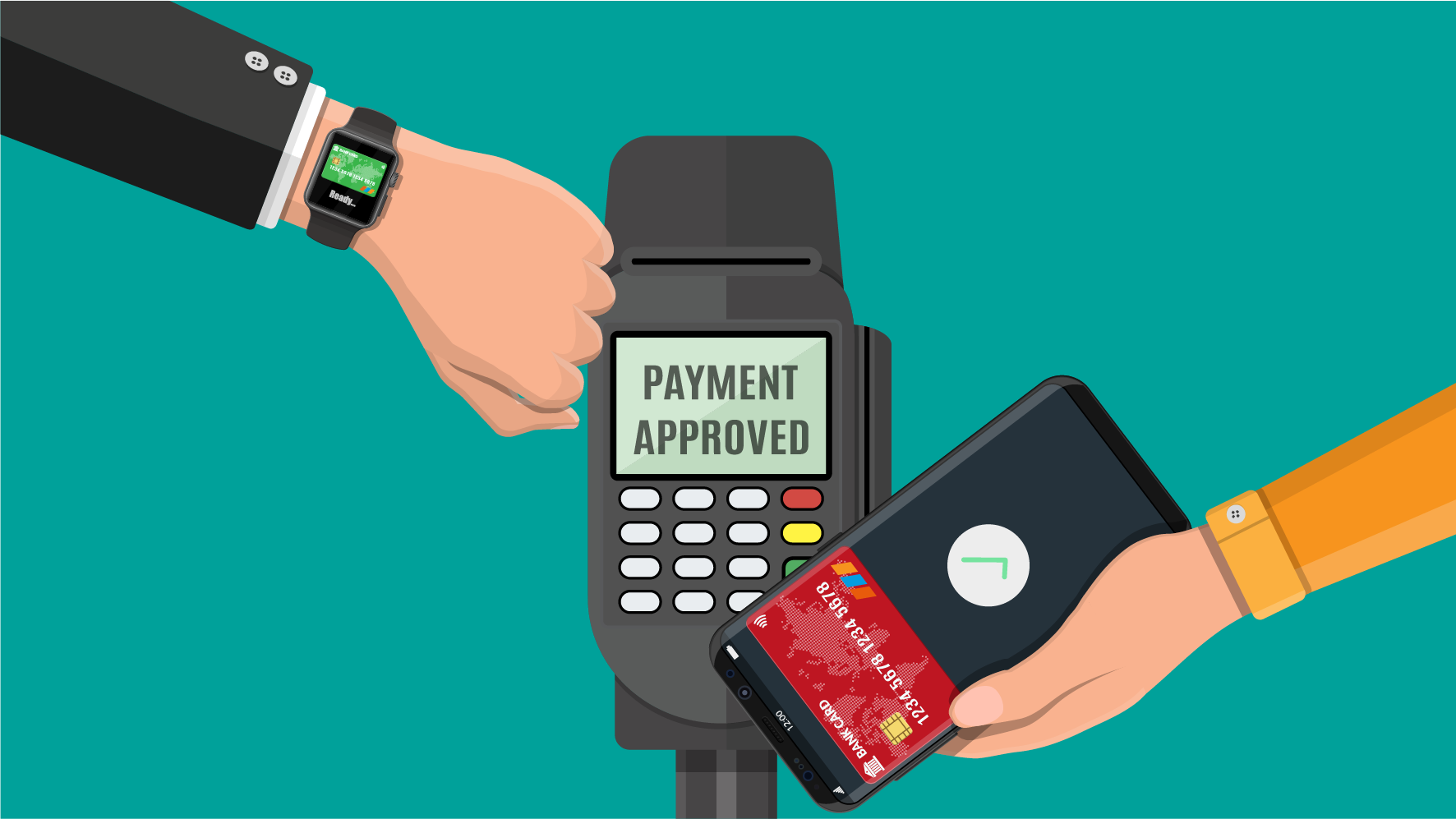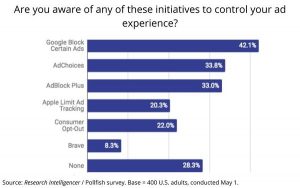
Did you know that fewer Canadians are using cash for payments than ever before? It’s a fact: the number of cash transactions dropped 38% between 2014 and 2019. But with fewer coins and bills in Canadians’ wallets, what’s replacing them?
For many of us, nothing! While the popularity of contactless debit and credit “tap” transactions is growing, the number of contactless payments using mobile wallets is also growing. For these customers, making purchases is easy, using only their phones. Here are some stats about the use of mobile payments or digital wallets in Canada.
Why mobile payments?
Research shows that 88% of Canadians own a smartphone, and among younger Canadians (aged 15-24), that number is even higher, 98%. Even among older Canadians, smartphone use is high: 60% of those 65 and older have a smartphone.
Given the high numbers of smartphones out there, it’s not surprising that 74% of Canadians know that they can use their phones to make purchases. In fact, in 2020, nearly one third (29%) of Canadians said they had made a purchase using mobile payment or a digital wallet.
Another factor leading to growing digital wallet use is the COVID-19 pandemic. A survey conducted in November 2020 found that nearly half of Canadians (47%) were making more contactless payments because of concerns about the virus, and 40% said they were uncomfortable making purchases that involved touching a payment terminal. Thirty-six per cent even said that they tried to avoid shopping at stores that didn’t accept contactless payments.
And what about cash? Fifty-seven per cent of Canadians are using less cash than they did before the pandemic, 42% say they are uncomfortable touching cash, and 34% expect to continue using less cash, even after the pandemic ends.
Who’s making mobile payments?
Although more than half of Canadian consumers regularly make contactless payments with either credit or debit cards, younger generations (especially those aged 18-34) are more likely to do so, and they’re also more likely to use their phones to make mobile payments.
While digital wallets let consumers use either debit or credit cards to make payments, Canadians are more likely to use mobile payments for credit transactions. This is due to the rewards that many credit cards offer, as well as the perception that credit transactions offer a greater degree of security against fraud.
Why do consumers love mobile payments?
Above all, mobile payments are convenient. If you’ve got your phone, you can use your digital wallet to make a purchase. You can use your phone to listen to music when you’re out for a run, for example, then use your phone to buy your post-workout treat, with no need to carry extra cards. And with mobile wallets now widely available on wearable devices such as smart watches, they’re even more convenient: in 2019, 34% of Canadian consumers who owned a smart watch used it to make contactless payments.
Mobile payments are also secure. Most digital wallets now enable two-factor authentication – such as Apple Pay’s PIN and fingerprint scan – so customers are less concerned about unauthorized access to their accounts if a phone is lost or stolen. In addition, digital payments are processed using tokenization, so all customer and card information is encrypted.
Finally, as more people use their mobile devices as their primary means of accessing the internet, the use of mobile payments will continue to grow. More than half of Canadians have made an online purchase using their smartphone, for example, and in 2020, 29% of Canadians used a digital wallet to shop online.
What does the future hold for mobile payments?
In 2020, for the first time, global payments data shows that mobile payments or digital wallets exceeded the use of cash, and estimates suggest that digital wallets will become the most popular form of POS payments as soon as 2024.
Besides concerns about safety, what’s driving the adoption of mobile payments? Simply put, they deliver value, for both customers and businesses. As more digital wallets make it possible to add rewards and loyalty cards, brands are starting to use mobile wallet marketing. Mobile wallets can take advantage of smartphones’ messaging capabilities, so that targeted content can be delivered directly to consumers, and location services can be used to trigger store-specific or even item-specific offers. Customers can then easily access coupons and discounts, and redeeming offers is as simple as holding up their phone.
Business & Finance Articles on Business 2 Community
(62)









